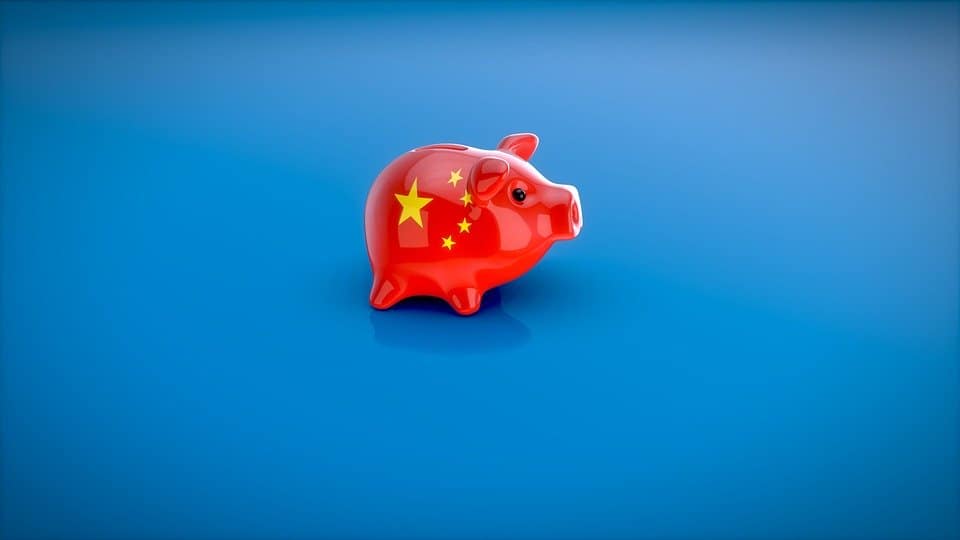Chinese lending is expected to focus on financial inclusion and green development in 2022, following recent signals made by the Central Government Work Meeting as well as China’s banking regulators.
“The central bank will implement targeted polic and guide financial institutions to expand support for the real economy, and in particular micro-and-small enterprises, tech innovation and free development,” said Yi Gang (易纲), head of the People’s Bank of China (PBOC), on 28 December in an interview with state-owned media.
A report from Bank of China (BOC) forecasts 10.5% growth in outstanding full year total social financing in 2021 compared to last year, while in 2022 it sees the M2 money supply and social financing increasing by around 8.5% and 11% respectively.
BOC analysts call for monetary policy to “slightly loosen amidst stability,” given greater downwards pressure on the economy, in order to ensure that there are no major fluctuations in financial growth data, and to provide a suitable financial environment for the real economy.
Bank of Communications (BOCOM) forecasts that the M2 money supply will increase by around 8.7% in 2022, for a slight decline compared to 2021. New social financing is expected to be around 34 trillion yuan, for a 10.8% increase in the outstanding amount.
BOCOM analysts further expect new renminbi lending to total around 21 trillion yuan, for a modest increase compared to the current year, and year-on-year growth of around 11% in the total outstanding balance.
BOCOM expects real estate lending to loosen in 2022, while financial inclusion and green lending will become key means for China to provide credit support to the real economy.
China Construction Bank (CCB) has called for a focus on financial services for high-end manufacturing, key technological upgrade projects, smart manufacturing and digital transformation, while Exim Bank of China has called for expansion in the service coverage of financial inclusion, and further driving efforts to fulfil China’s peak carbon and carbon neutrality targets.

